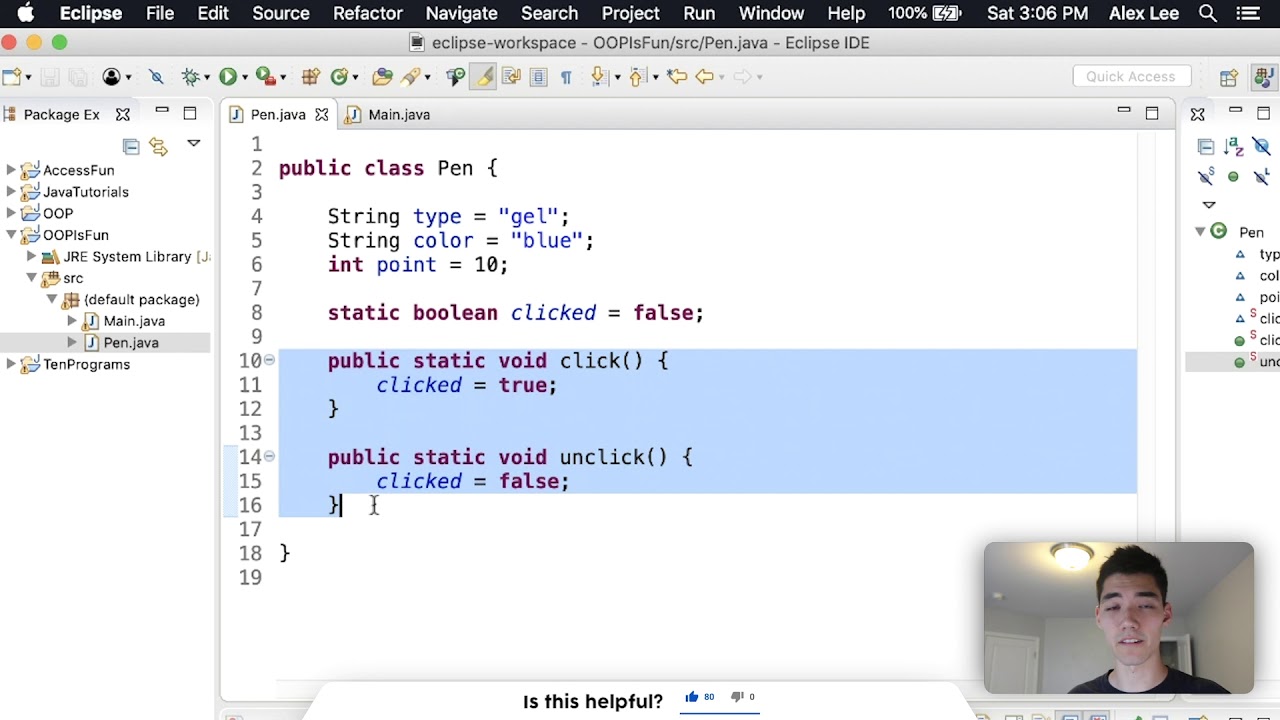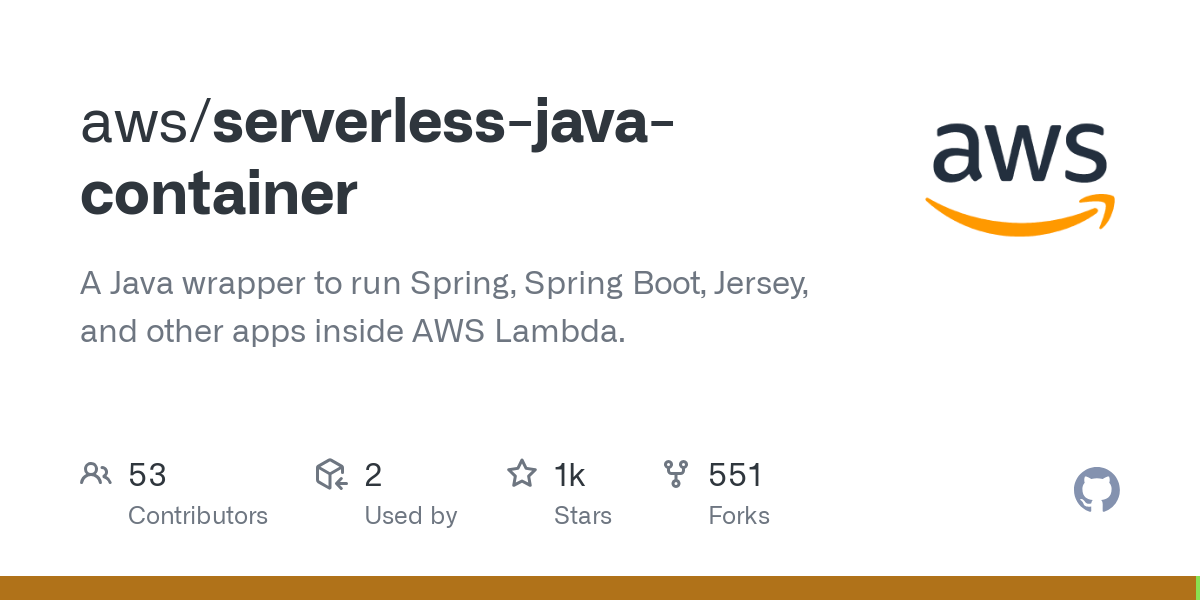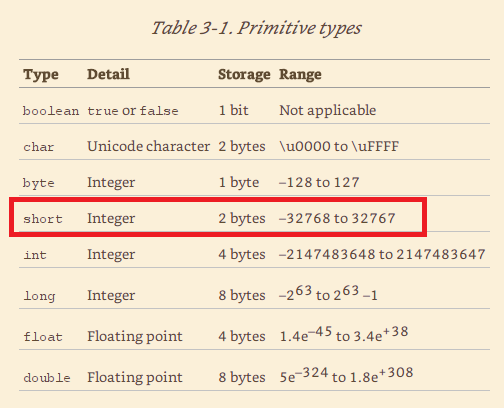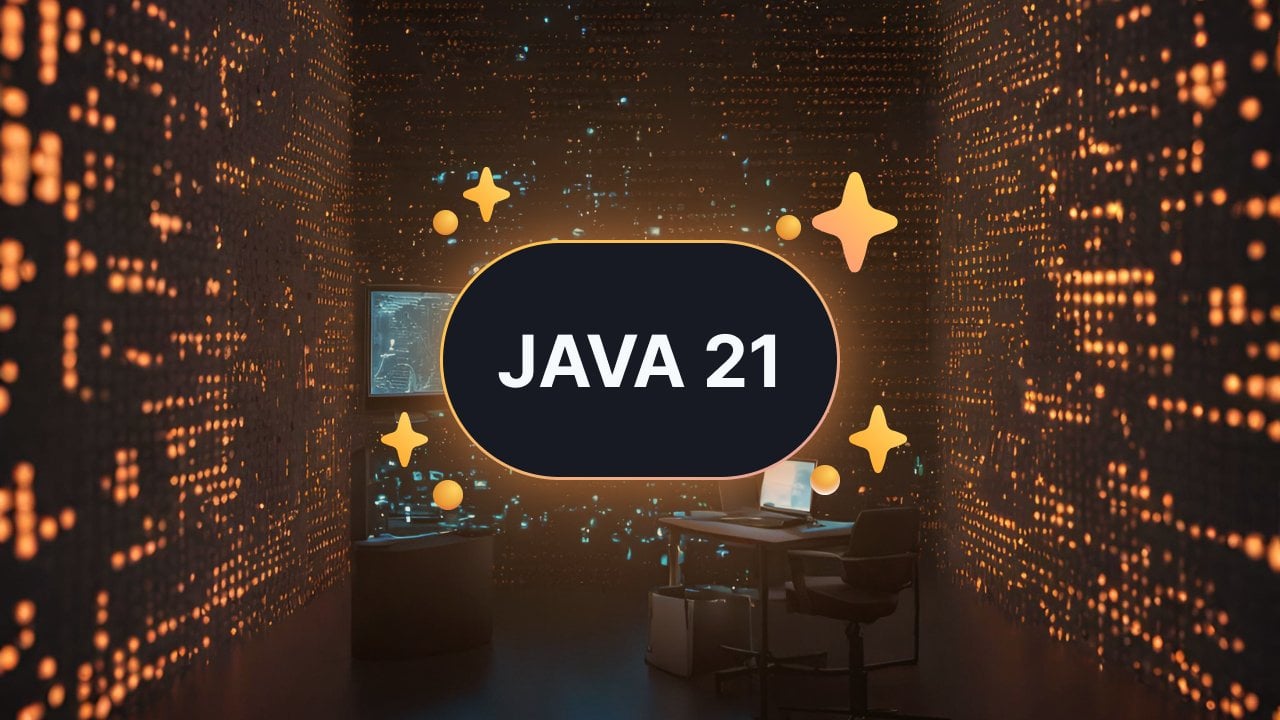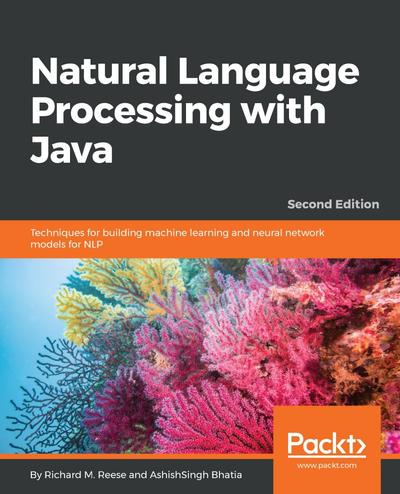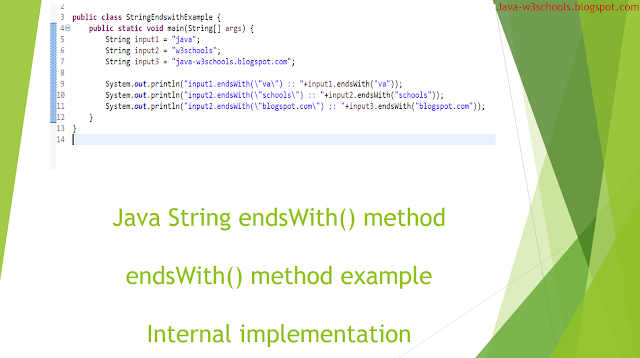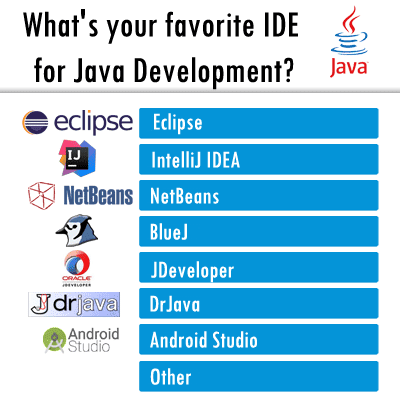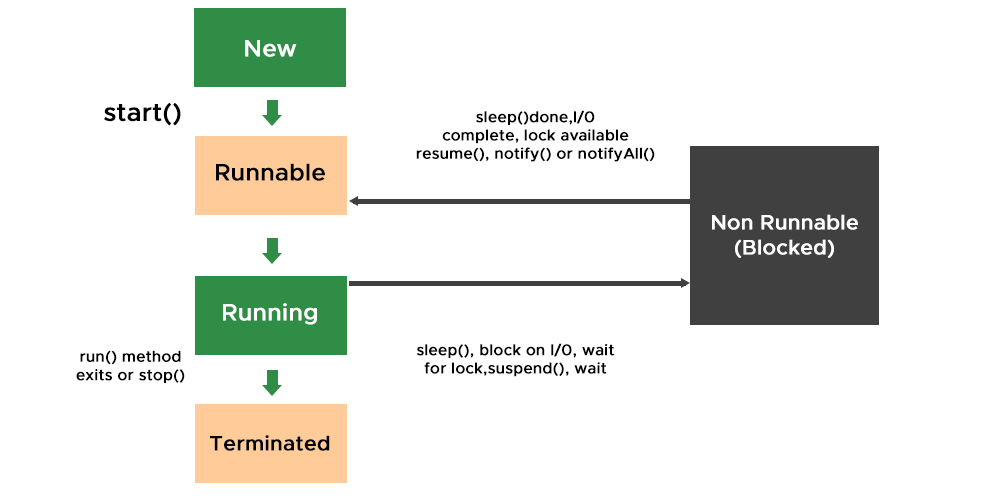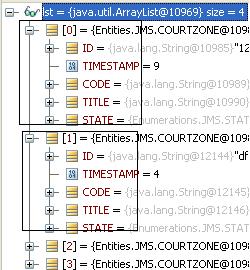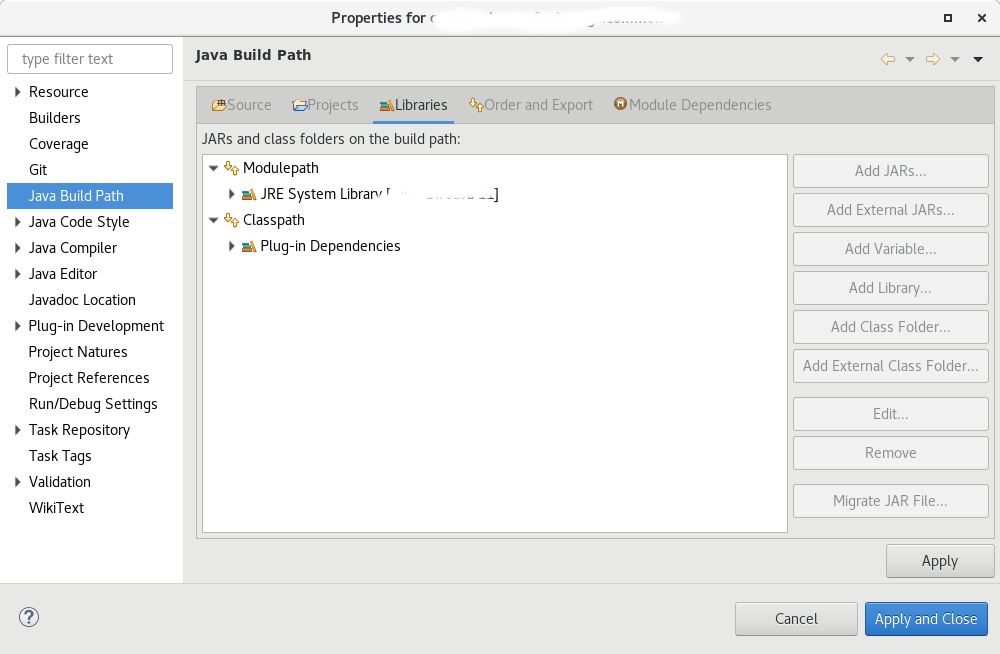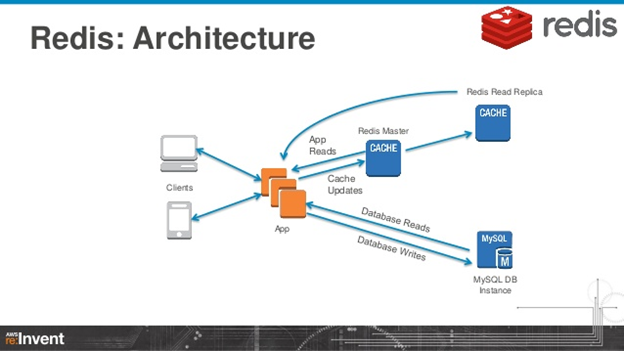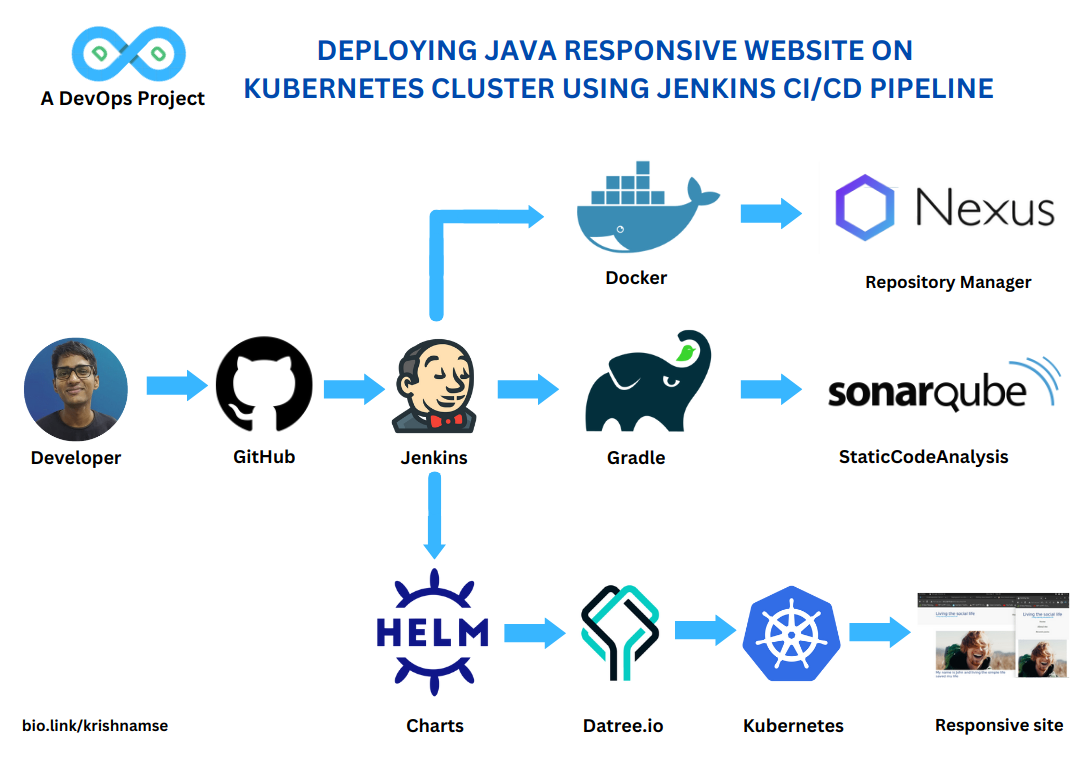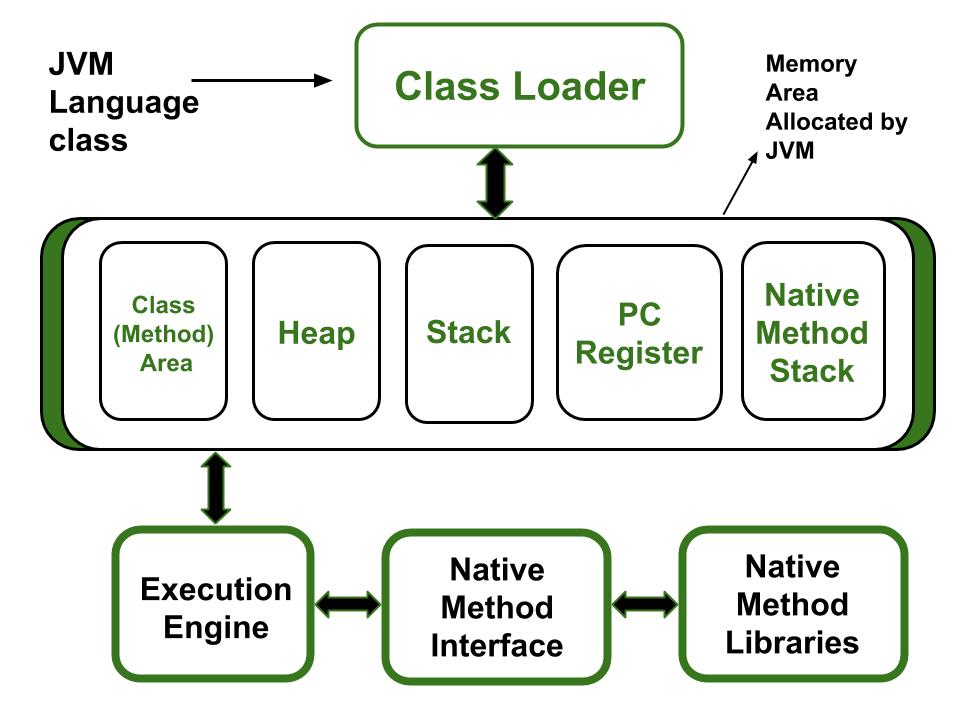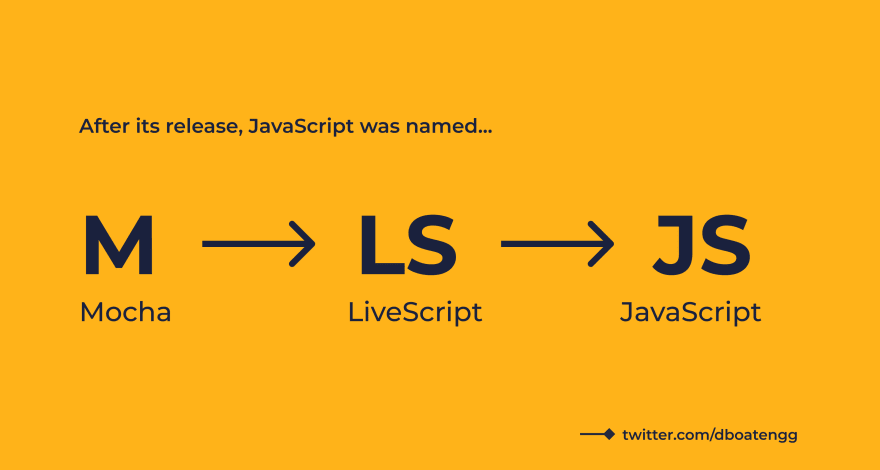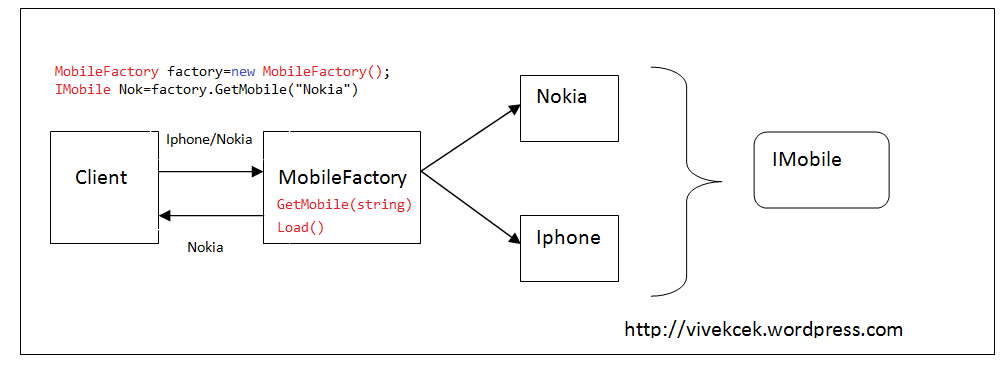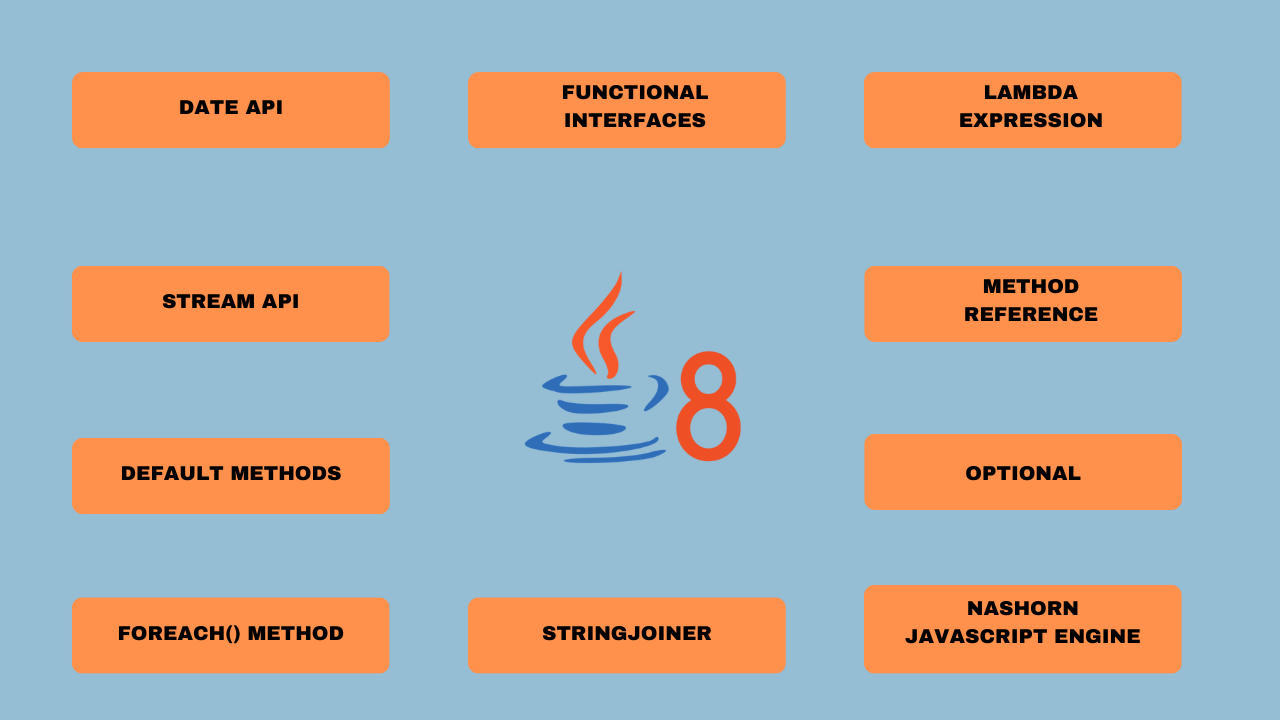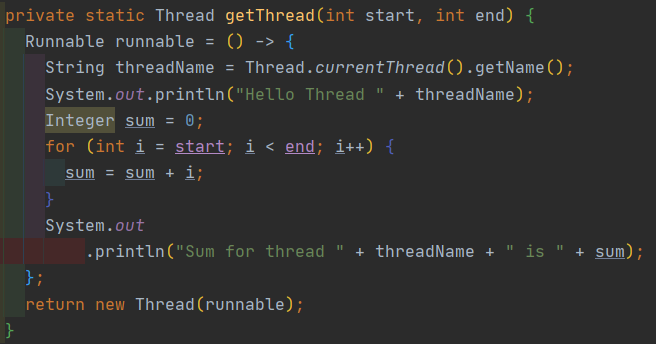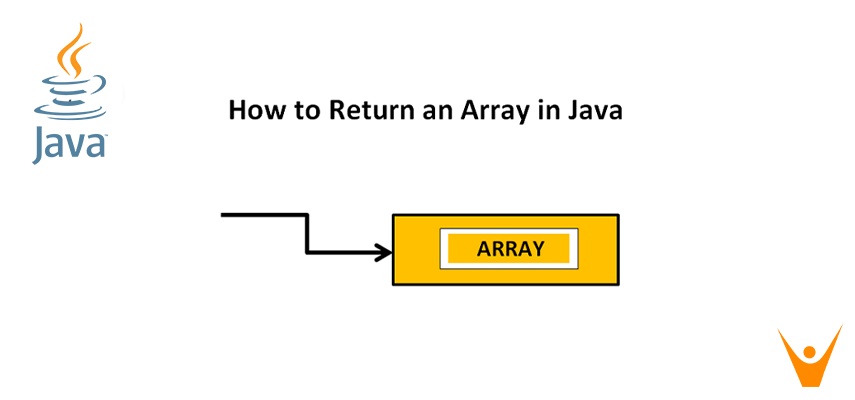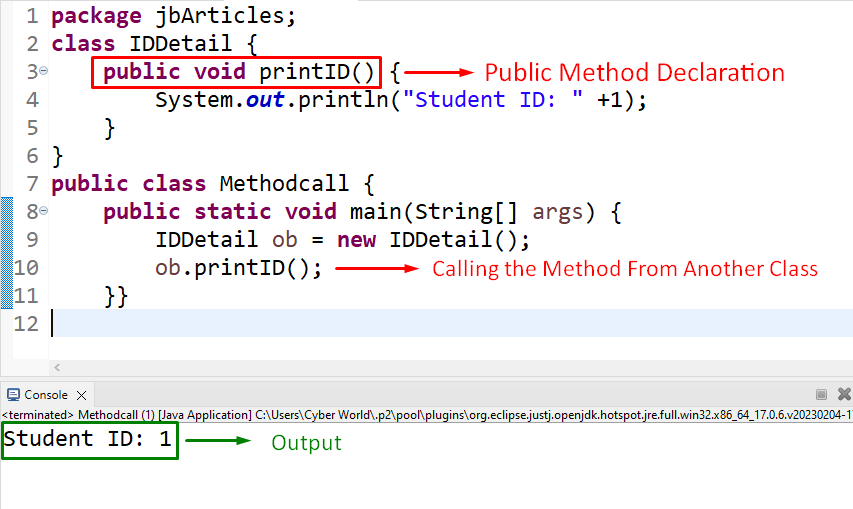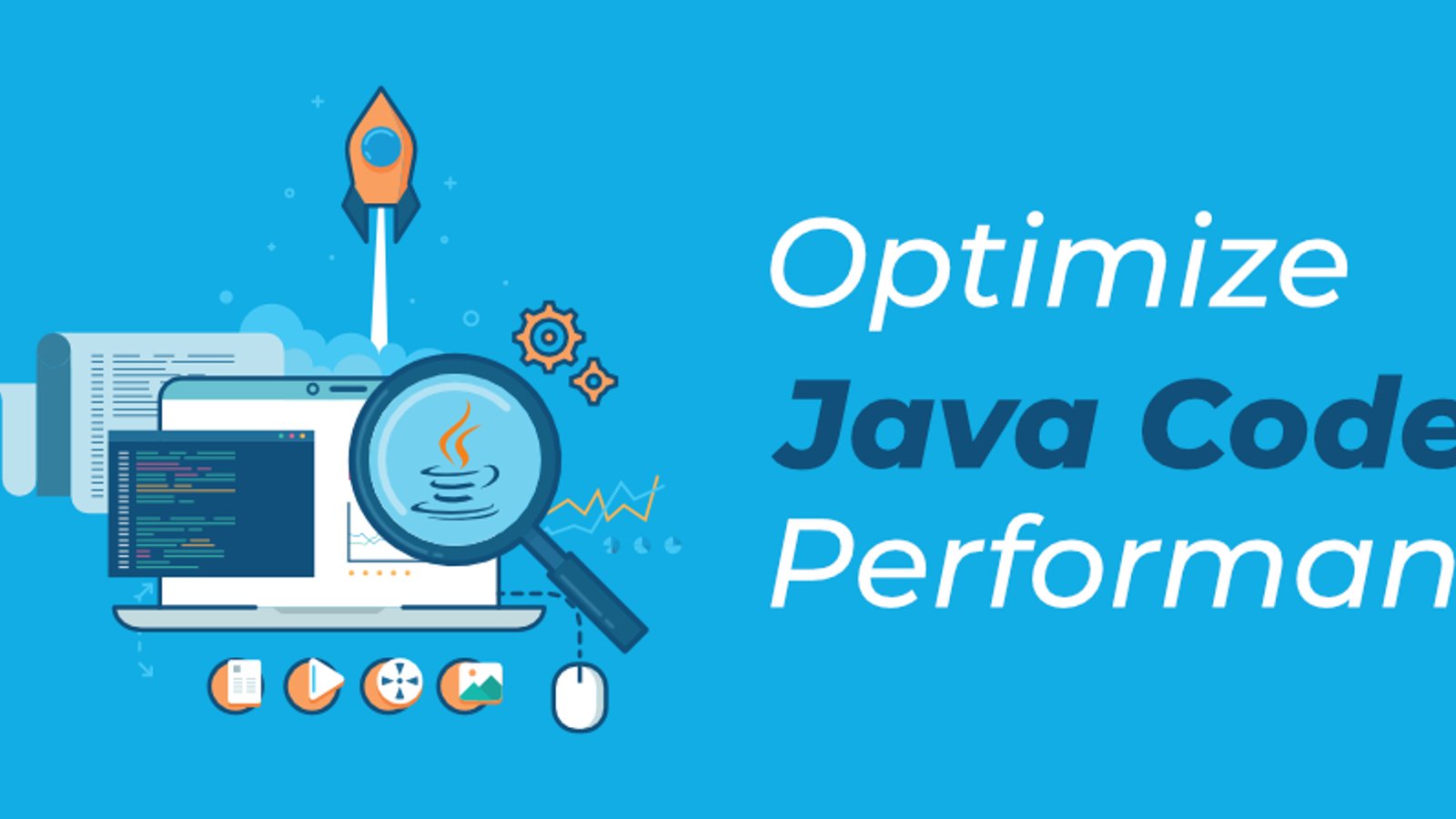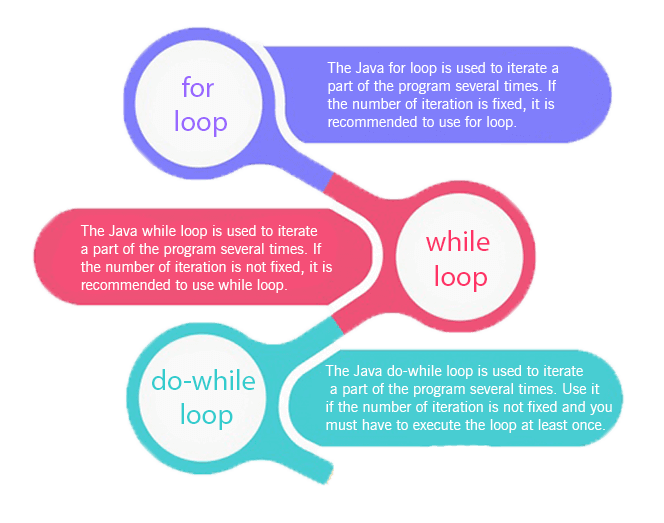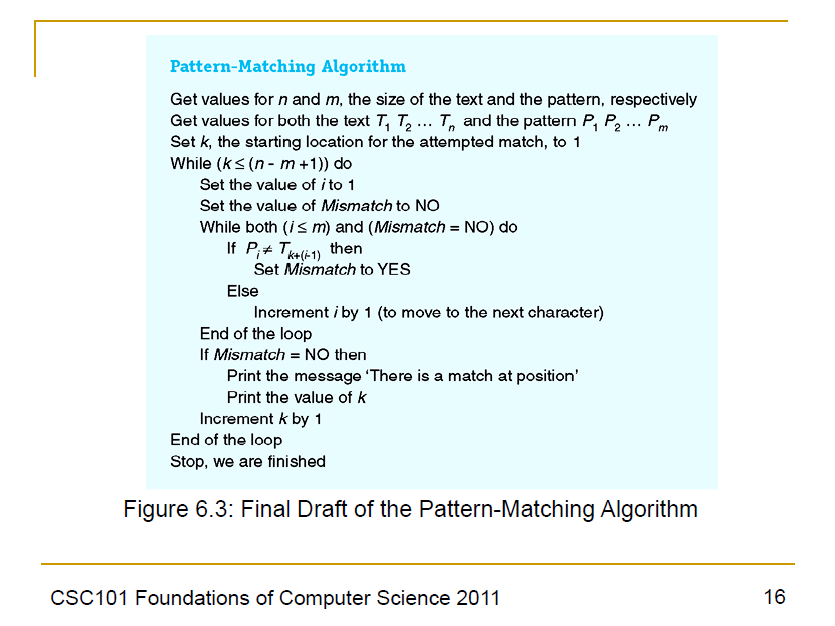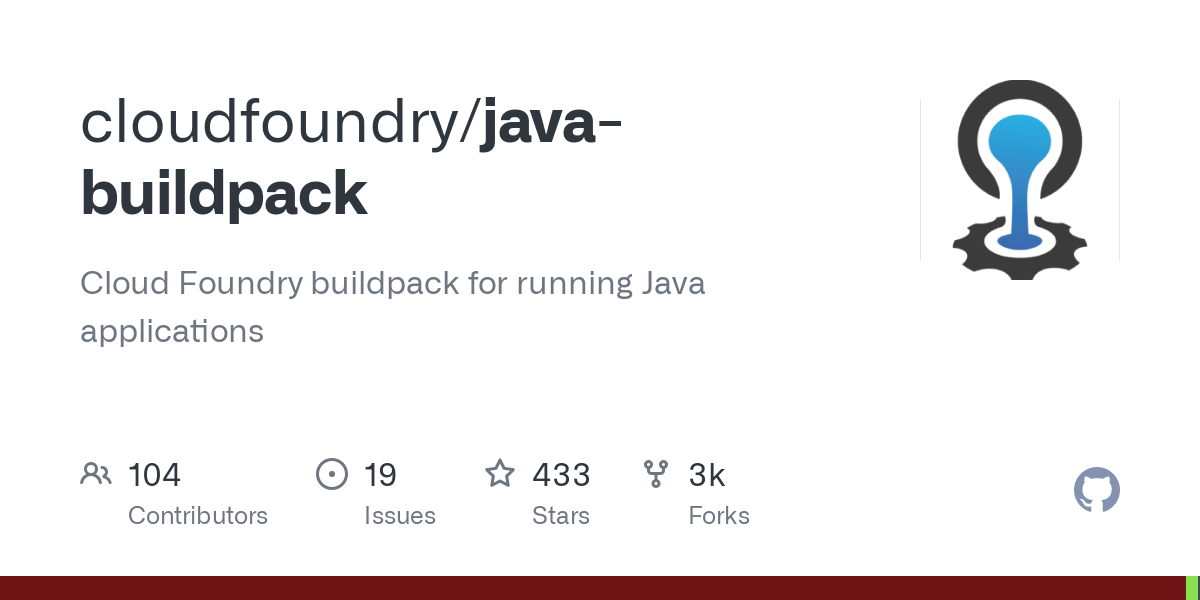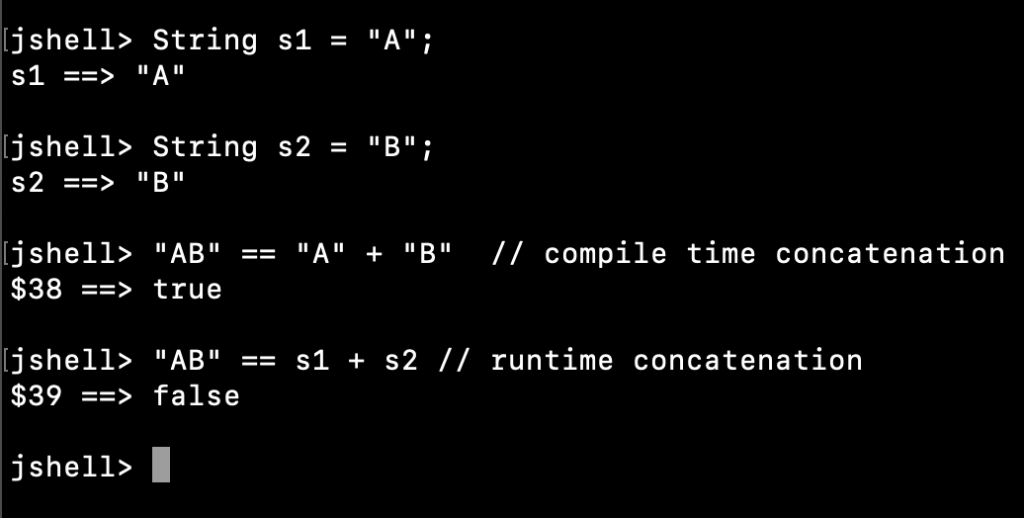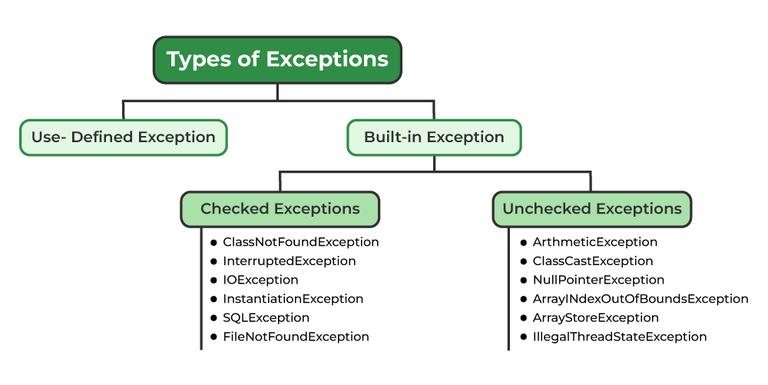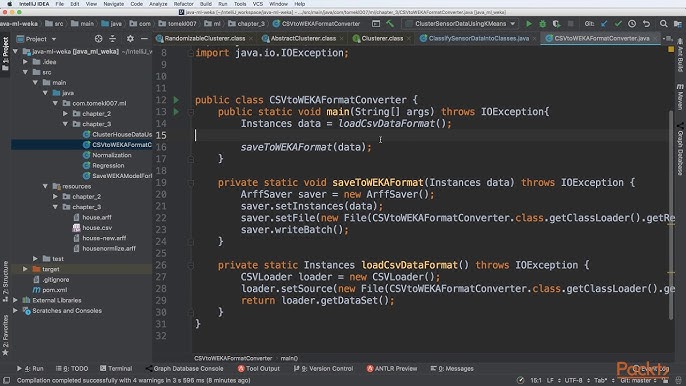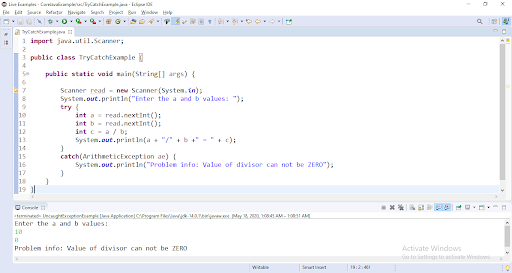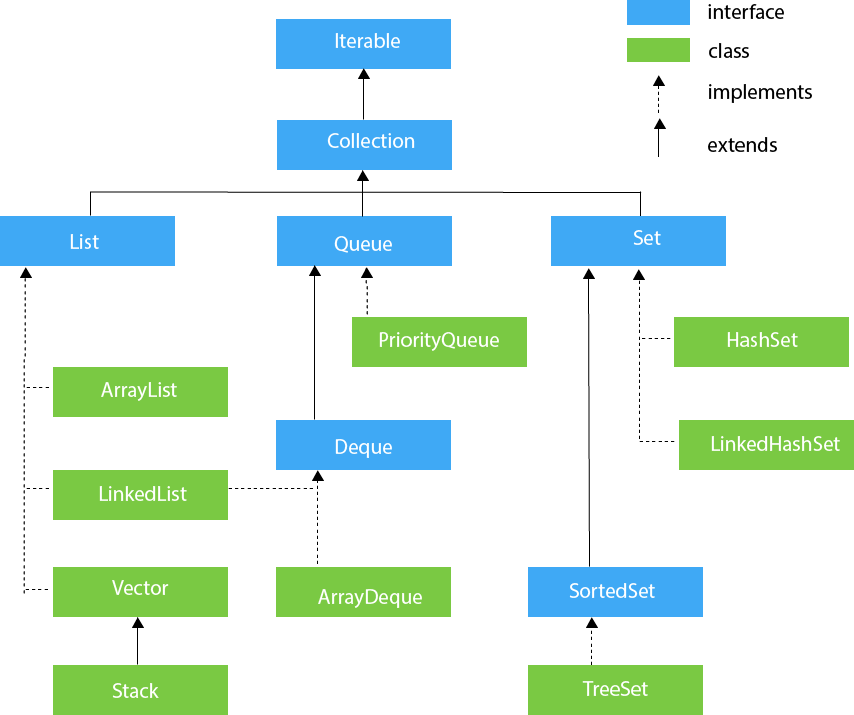Java vs Kotlin 2024
Java vs Kotlin 2024
I'd be happy to respond in English!
As we approach the year 2024, it's essential to weigh the pros and cons of both Java and Kotlin, two prominent programming languages used in Android app development.
Java has been a stalwart in the industry for decades, known for its platform independence, strong security features, and vast ecosystem of libraries and frameworks. It's no surprise that many developers have built their careers on Java. However, as the years go by, Kotlin is rapidly gaining traction, especially among Android developers. Here are some key differences:
Kotlin Advantages:
Concise Code: Kotlin's syntax is designed to reduce boilerplate code and improve readability, making it a more efficient choice for large-scale projects. Null Safety: Kotlin's null safety features provide better protection against null pointer exceptions, which can be critical in Android app development where memory management is crucial. Coroutines: Kotlin's coroutines enable developers to write asynchronous code that's easier to read and maintain, making it a great choice for complex, data-intensive applications. Extension Functions: Kotlin's extension functions allow you to add functionality to existing classes or interfaces, making it easy to integrate with third-party libraries.Java Advantages:
Wide Adoption: Java has been around longer, which means there are more developers familiar with the language and a broader range of resources available. Robust Ecosystem: Java's vast ecosystem of frameworks and libraries provides a wealth of tools for building complex applications. Platform Independence: Java's platform independence makes it an excellent choice for cross-platform development.Kotlin Challenges:
Steep Learning Curve: Kotlin has a unique syntax that can take time to get accustomed to, especially for developers already familiar with Java. Limited Resources: While Kotlin is gaining popularity, it still lags behind Java in terms of available resources, libraries, and frameworks.Java Challenges:
Complex Syntax: Java's verbose syntax can make code harder to read and maintain. Outdated Libraries: As newer libraries and frameworks emerge, Java developers may need to adapt to new technologies or choose alternative languages that better support modern development needs.Conclusion:
As we approach 2024, both Java and Kotlin will continue to coexist as viable options for Android app development. While Kotlin offers improved code concision, null safety, coroutines, and extension functions, Java's wide adoption, robust ecosystem, and platform independence make it a reliable choice.
Ultimately, the choice between Java and Kotlin depends on your project requirements, personal preferences, and existing skills. If you're new to Android app development, I'd recommend exploring both options before committing to one language.
How about you? Have any experience with either Java or Kotlin?
Java vs Kotlin performance
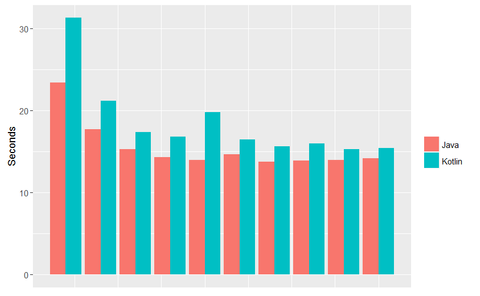
I'll respond in English this time.

Java and Kotlin are two popular programming languages for Android app development. While both languages share a common ancestor, Java, they have distinct characteristics that affect their performance. Here's a comprehensive comparison of Java vs Kotlin performance:
Java Performance
Java is an older language with a reputation for being slower than newer languages like Kotlin. There are several reasons contributing to this:
Bytecode interpretation: Java code is compiled into bytecode, which is then interpreted by the JVM (Java Virtual Machine) at runtime. This process introduces additional overhead compared to native compilation. Object-oriented programming: Java's focus on object-oriented programming can lead to slower performance due to the overhead of method calls, polymorphism, and inheritance. Garbage collection: Java's garbage collector can pause the program while it frees up memory, which can negatively impact performance.However, Java's performance has improved significantly over the years with advancements in JVM optimization, just-in-time compilation (JIT), and parallel GC (garbage collection).
Kotlin Performance
Kotlin, being a newer language built on top of the Java Virtual Machine, inherits many of Java's performance characteristics. However, Kotlin's design goals aimed to minimize overhead:
Native compiler: Kotlin can be compiled natively using the Kotlin/Native compiler, which produces machine code for specific platforms. This eliminates the need for bytecode interpretation. Functional programming: Kotlin encourages functional programming with immutable data structures and higher-order functions. These approaches often lead to more efficient code. Garbage collection: Kotlin's garbage collector is designed to minimize pause times and reduce the impact on performance.Kotlin's performance benefits from its:
Improved bytecode generation: Kotlin's compiler generates more optimized bytecode, reducing the overhead of Java's interpretation. Less boxing and unboxing: Kotlin eliminates the need for explicit type casting (boxing and unboxing), which reduces memory allocation and garbage collection pauses.Comparison
In general, Kotlin tends to outperform Java due to its native compilation option, functional programming approach, and optimized bytecode generation. However, Java's performance has improved significantly with recent JVM optimizations.
Here are some approximate performance benchmarks:
Kotlin Native: 2-3x faster than Java (depending on the specific use case) Kotlin (JVM-based): 1-2x faster than Java Java (with JIT and parallel GC): comparable to Kotlin (JVM-based)In conclusion, while both languages have their performance strengths and weaknesses, Kotlin's design goals and native compilation option make it a more performant choice for Android app development. However, Java's performance has improved significantly, making it still a viable option.
I hope this comprehensive comparison helps you understand the performance differences between Java and Kotlin!
